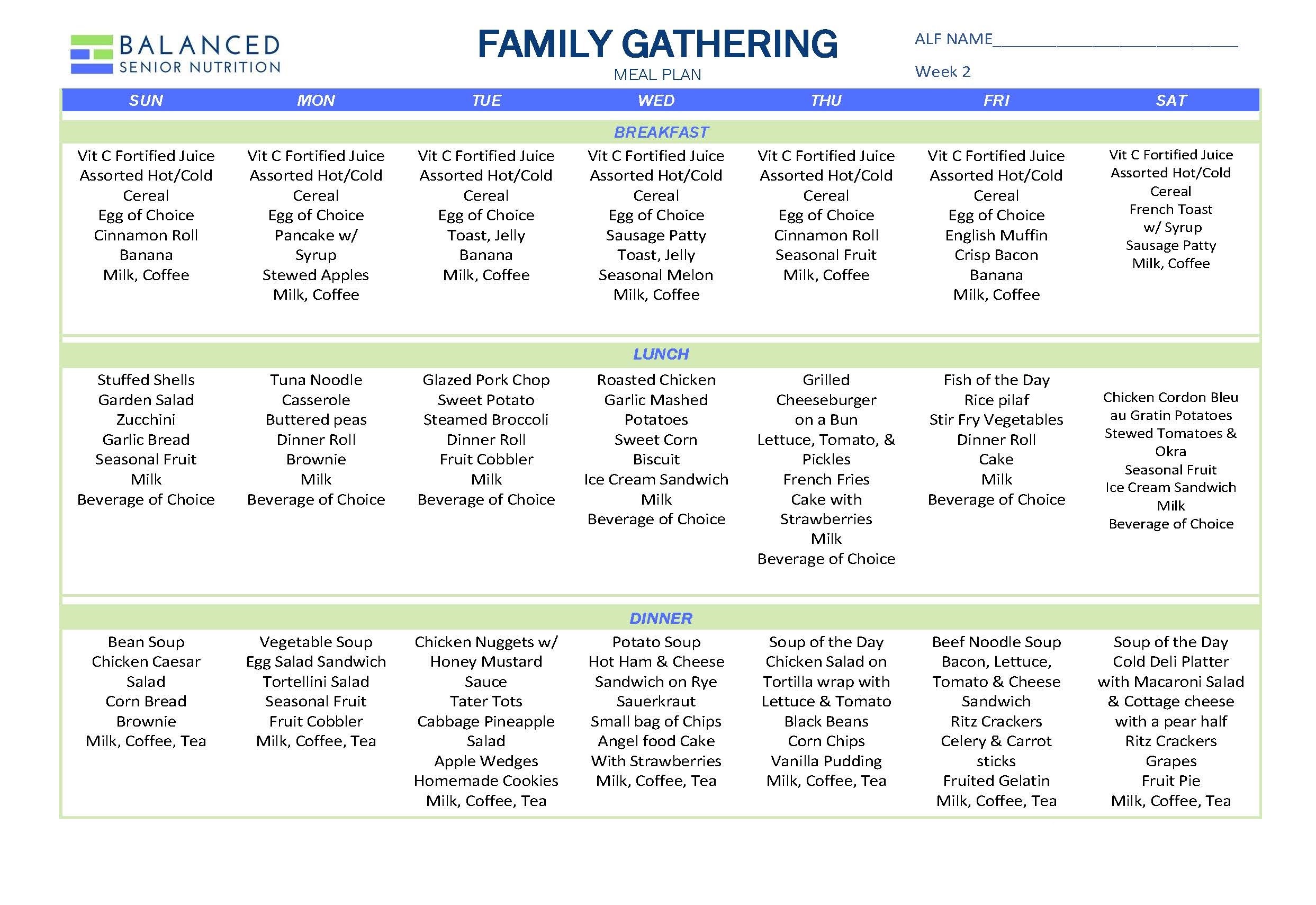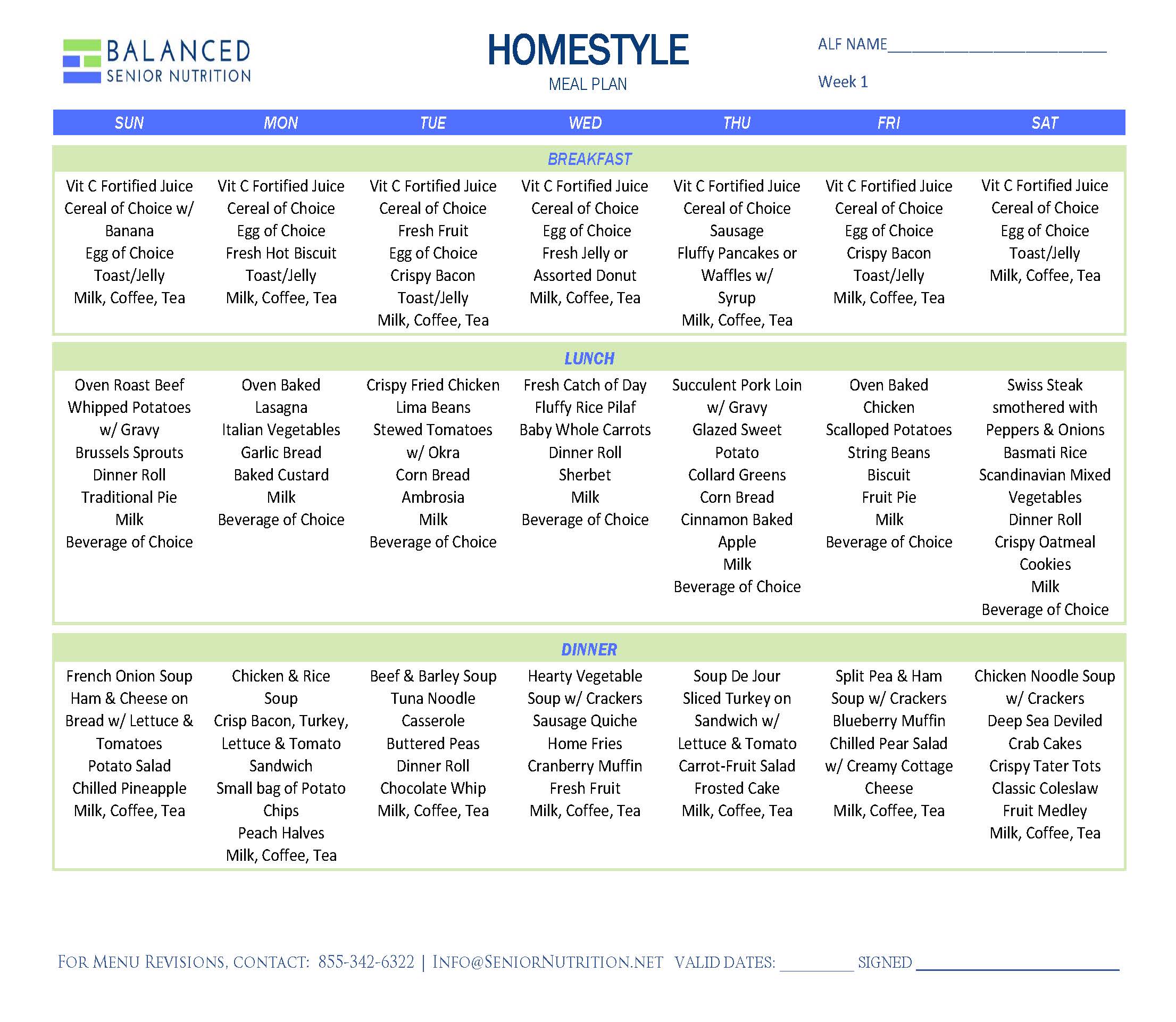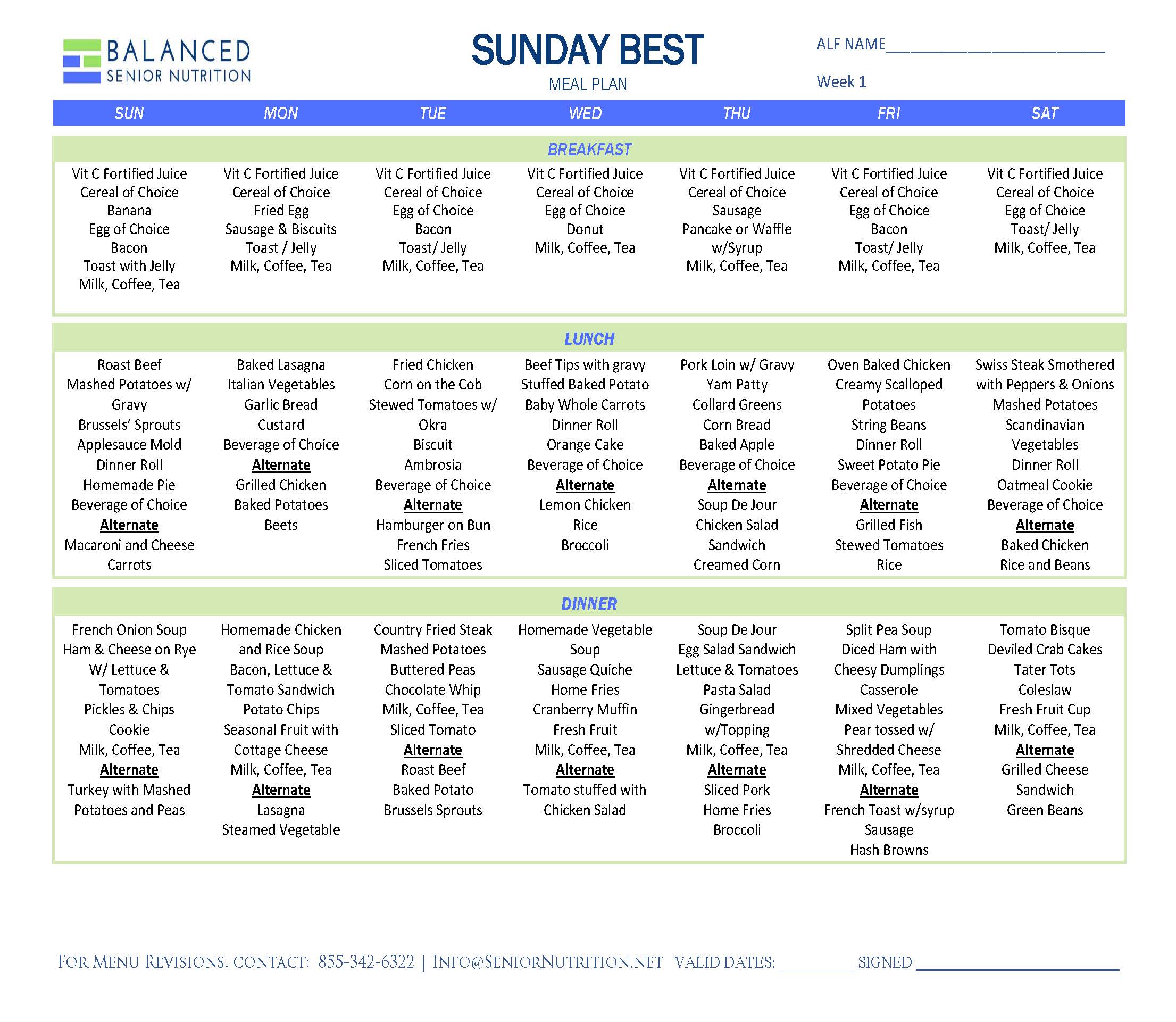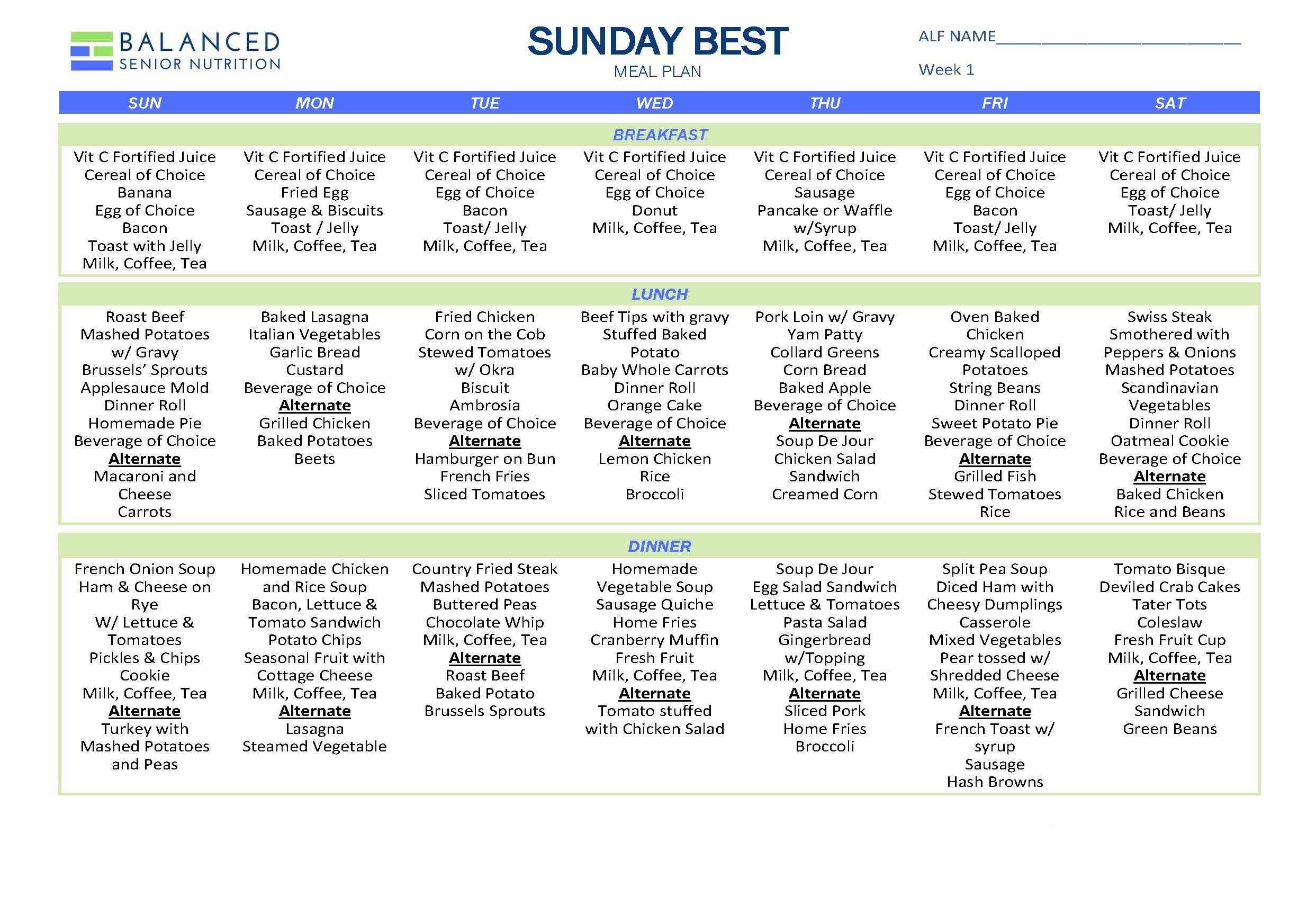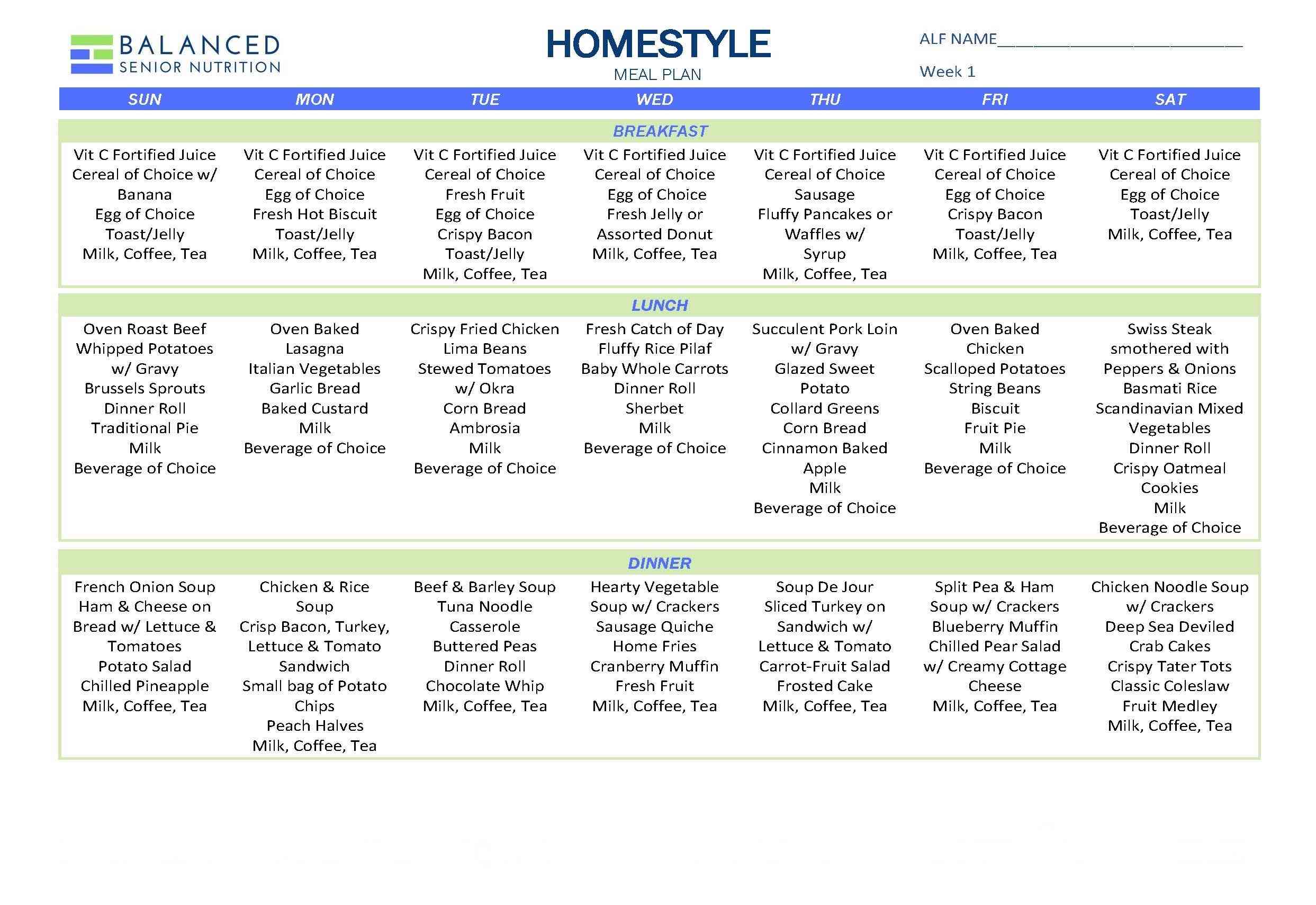
Mary Hurway closed her eyes and remembered the last Thanksgiving dinner she shared with family: the wonderful conversation, the toasts of good cheer, and the camaraderie of friends and relatives. The dinner meant more to her than just turkey, stuffing and mashed potatoes. It was a time to enjoy the company of others through the connection of good times past. The food didn’t just provide sustenance for her body, but also gave comfort to her soul. Her human need to interact with others at meal time did not change after she entered long-term care. In fact, it became more important.
People-Centered Living Is the Future of Long-Term Care
Our connection to food isn’t just about getting enough nourishment to live. From the time our ancestors gathered around a fire to eat, the act of sharing food has been woven into our social fabric and that certainly doesn’t change when a person enters community living. That’s one of the reasons when it comes to dining that nursing home culture is rapidly evolving to a person-centered approach. Person-centered or resident-directed living means moving away from the institutional mindset that focuses on uniformity and procedure to an approach that focuses on what is in the best interest of the resident according to his or her history and medical condition. It’s all about caregivers giving residents a voice in their dining choices.
Make No Mistake: Dining Delight Is a Legal Right
Many seniors in nursing homes have their mental capabilities intact. After all, just because a person gets old and has medical issues doesn’t mean she is incapable of making her own decisions. In fact, according to the Center for Medicare and Medicaid services, as a US citizen, it is a nursing home resident’s right to choose what they want to eat or not. We call them the Three Rights of Dining Delight.
The Right to Eat WHAT We Want
The Right to Eat WHEN We Want.
The Right to Eat WHERE We Want.
Evidence-based Research and Practices Validate Resident-Directed Living
This movement towards people-centered living is gaining traction, morally and legally, because federal regulations and numerous national organizations validate that it is not only a better way to treat the elderly, but it is their right to be treated that way. CMS federal guidelines and the new dining practice standards from the Pioneer Network endorse resident-directed living through evidence-based research and practices. This current information allows caregivers and medical staff to overcome their medical and legal concerns about allowing residents with health issues to control their food choices. Now, nursing homes can allow residents like Mary, who has a medical condition, more choice in what they eat and how it is served, giving Mary the opportunity to truly enjoy a good meal and conversation with her friends.
New Dining Practice Standards from Pioneer Network
Food and Dining Clinical Standards Task Force
Organizations Agreeing to the New Dining Practice Standards
-
- American Association for Long Term Care Nursing (AALTCN)
- American Association for Nurse Assessment Coordination (AANAC)
- American Dietetic Association (ADA)
- American Medical Directors Association (AMDA)
- American Occupational Therapy Association (AOTA)
- American Society of Consultant Pharmacists (ASCP)
- American Speech‐Language‐Hearing Association (ASHA)
- Dietary Managers Association (DMA)
- Gerontological Advanced Practice Nurses Association (GAPNA)
- Hartford Institute for Geriatric Nursing (HIGN)
- National Association of Directors of Nursing Administration in Long-Term Care (NADONA/LTC)
- National Gerontological Nursing Association (NGNA)




